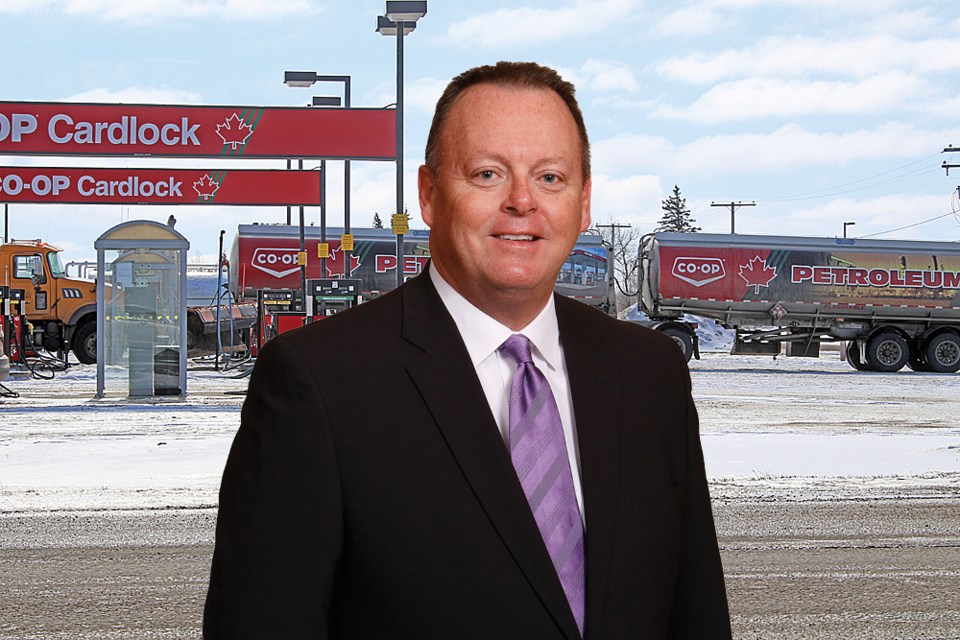Farmers and ranchers will see around $57.23 million in new expenses thanks to the provincial budget.
“I think it was tough and it was tough on everybody, but there are some positives in there,” said Ian Boxall, a vice-president of the Agricultural Producers Association of Saskatchewan and a RM of Connaught resident.
“I think everything in the budget is manageable for producers,” he said. “I think farmers are willing to do their part to help the province get through these tough times.”
Producers will spend around an extra $38.2 million on fuel taxes, estimates the association. The fuel tax exemption for gasoline was completely removed.
“I don’t think there’s a lot of gas used in the primary production anymore, so losing the gas tax is manageable,” Boxall said.
Fuel tax exemptions on diesel have been reduced from 100 per cent of the purchase to 80 per cent.
“That 20 per cent is probably what producers use on road anyway.”
Producers are expected to have to pay an extra $7.1 million to pay for property taxes for education. They’ll also have to pay PST on insurance – for crop insurance, the association is estimating $11.9 million.
The provincial agriculture budget is $387 million, an increase of $14.8 million over last year. Of that, $264.1 million will go towards risk management programs, something Boxall approves.
There’s also $26.8 million for research.
“I was happy to see the province left the money in research for agriculture,” Boxall said. “I think that’s important.”
The Saskatchewan Pastures Program will also end after public consultations on the future management of the land are done.
“It will be curious how they roll it out. I know there’s a bunch locally that’s going to be affected. I guess the consultation will happen over the next number of months to see how they’ll roll it out, whether they’ll have a similar model to what they did with the federal PFRA [Prairie Farm Rehabilitation Administration] pastures.”
The province is also selling off its 900 grain cars through a competitive Request for Offer process. Saskatchewan’s 13 commercial short line railways will get the first opportunity to buy those cars. The cost to replace the aging cars is estimated at $100 million.

.png;w=120;h=80;mode=crop)


